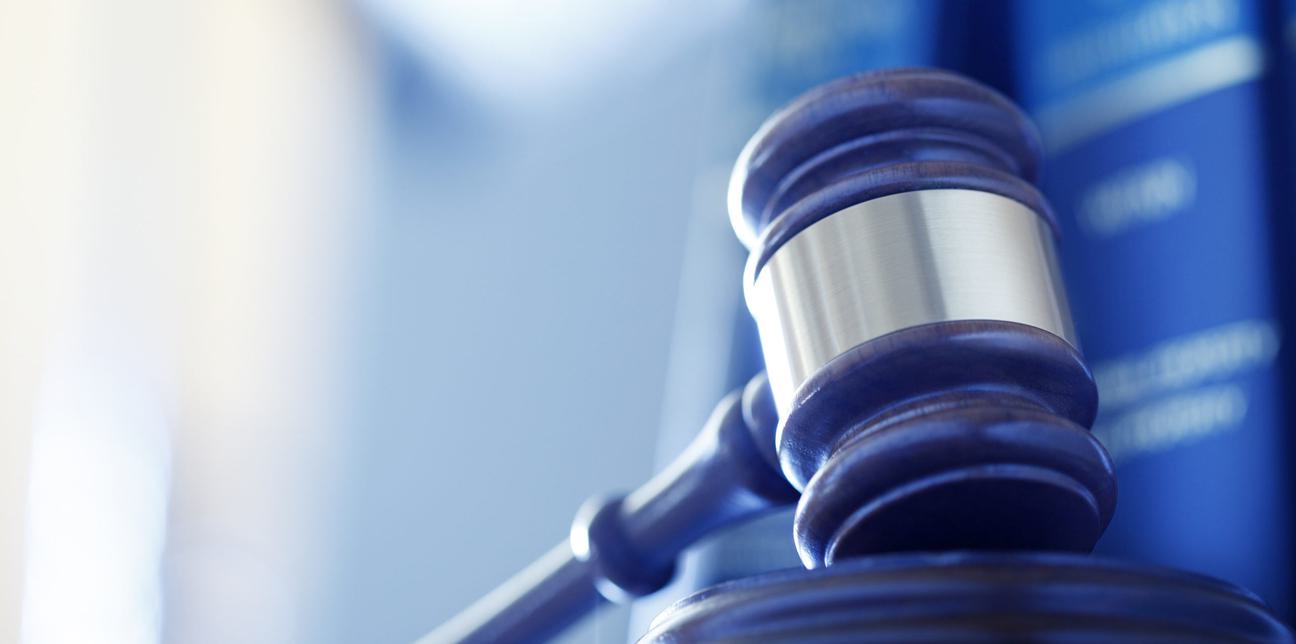Delaware Supreme Court Affirms Compass Lexecon Client Elon Musk’s Victory in $13 Billion Shareholder Challenge to SolarCity Acquisition

Share
Supreme Court Repeatedly Cites and Quotes from Trial Testimony of Musk’s “Main Expert” Compass Lexecon President Professor Daniel R. Fischel
On June 6, 2023, the Supreme Court of the State of Delaware upheld a ruling in favor of Compass Lexecon’s client, Elon Musk, in rejecting claims that the 2016 acquisition of SolarCity Corporation by Tesla, Inc. reflected a bailout of an insolvent company to benefit Mr. Musk. The appeal stemmed from a 2022 ruling by Vice Chancellor Joseph R. Slights III of the Delaware Court of Chancery that when Tesla acquired SolarCity in 2016, “the preponderance of the evidence reveal[ed] that Tesla paid a fair price – SolarCity was, at a minimum, worth what Tesla paid for it, and the acquisition was highly beneficial to Tesla.” Thus, the Delaware Supreme Court rejected plaintiffs’ $13 billion dollar and other damage claims in their entirety.
Plaintiffs had claimed that the transaction was the product of breaches of fiduciary duty and that Mr. Musk had caused a servile and conflicted Tesla Board to approve the acquisition in order to “bail out his (and other family members) foundering investment in SolarCity,” a firm that plaintiffs alleged was insolvent prior to the transaction. At an 11-day trial in July 2021, Compass Lexecon President, Professor Daniel R. Fischel, and Affiliate, Jonathan F. Foster, testified on behalf of Mr. Musk, with Professor Fischel testifying to the fairness of the price and the status of SolarCity as of the transaction, and Mr. Foster opining that the process followed by the Tesla Board was consistent with custom and practice. Vice Chancellor Slights rejected plaintiffs’ claims in their entirety, ruling that Professor Fischel’s trial testimony “credibly explained that ‘the relevant economic question in this case is the value of the purchased assets, [that] Tesla acquired in the SolarCity transaction, [and] what the value of those assets were to Tesla.’”
Plaintiffs appealed the ruling to the Delaware Supreme Court alleging that Vice Chancellor Slights mistakenly placed excessive weight on market evidence in reaching his conclusion. However, after reviewing the evidence and the trial court’s ruling, the Supreme Court concluded that the bases cited by Vice Chancellor Slights were “sufficient to support the opinion, particularly in the face of the total collapse of Appellants' insolvency theory.” The Supreme Court extensively cited the trial court’s reliance on Professor Fischel’s analysis, with the Supreme Court finding “no error in his determination, which is supported by the record evidence.” The Supreme Court also noted that “[a]ccording to Fischel, no one in the industry – apart from [plaintiffs’ expert] ‘thought it was appropriate to value SolarCity based on liquidation value,’” and that the “ultimate market test” had been provided by the Tesla stockholder vote on the transaction, which the Supreme Court found “particularly persuasive,” given that if stockholders believed SolarCity was insolvent, “all they had to do was reject the offer.” The Supreme Court further opined that the Tesla directors “follow[ed] a rigorous negotiation process,” and “were not ‘dominated’ or ‘controlled’ by Musk when they voted to approve the Acquisition.” The Supreme Court concluded that they were “convinced that the Acquisition was entirely fair.”
Professor Fischel and Mr. Foster were supported by a Compass Lexecon team that included Adel Turki, Rahul Sekhar, Todd Kendall, Robin Stahl, Nabila Lotayef, Avisheh Mohsenin, and James Libby.
Compass Lexecon worked closely with Evan Chesler, Daniel Slifkin, Vanessa Lavely, Helam Gebramariam, and Jackie Carleton from Cravath, Swaine, & Moore LLP, and with Garrett Morris from Ross Aronstam & Moritz who successfully represented Mr. Musk.